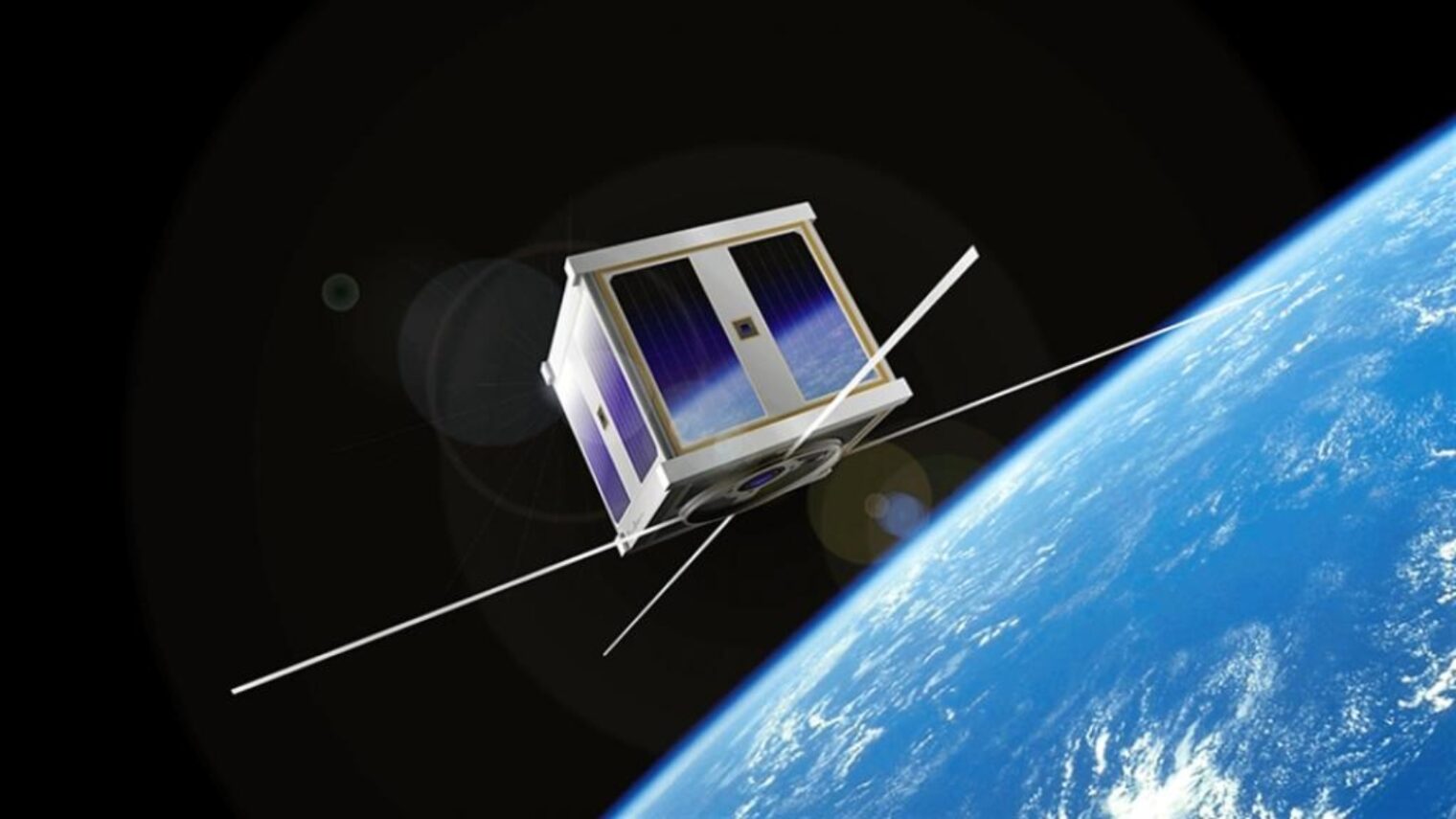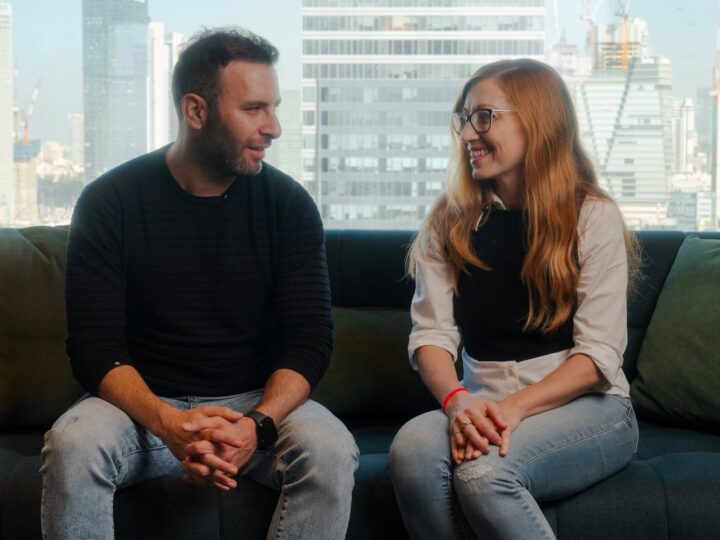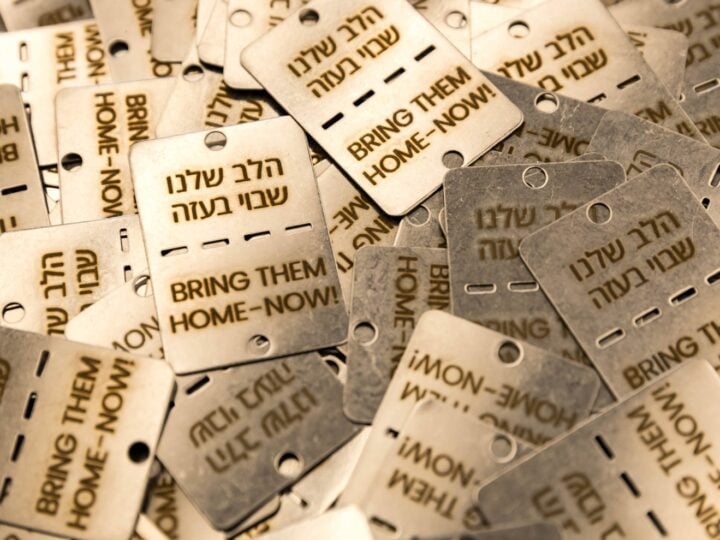Daniel Gross had his turn in the spotlight when his startup, Cue, was acquired by Apple in 2013. Eager to give beginners a platform to shine, the Jerusalem-born angel investor cofounded Pioneer, a monthly online contest for people with big ideas.
Pioneer gathered experts from different fields to review applications and provide advice. Peers contribute feedback and points. In each month of the contest now in its fifth tournament, the top-ranked applicants become new Pioneers. They win $7,000, a round-trip ticket to Silicon Valley, world-class mentorship, and more.
One of eight Pioneers crowned in the fourth tournament was Geffen Avraham, 17, of Hod Hasharon, Israel.
Last year, Geffen left school to pursue his dream of democratizing space by building a next-gen, low-cost miniature CubeSat satellite using smartphone technologies. His CubeSat design led him to become the only teenager invited to an academic space conference in China.
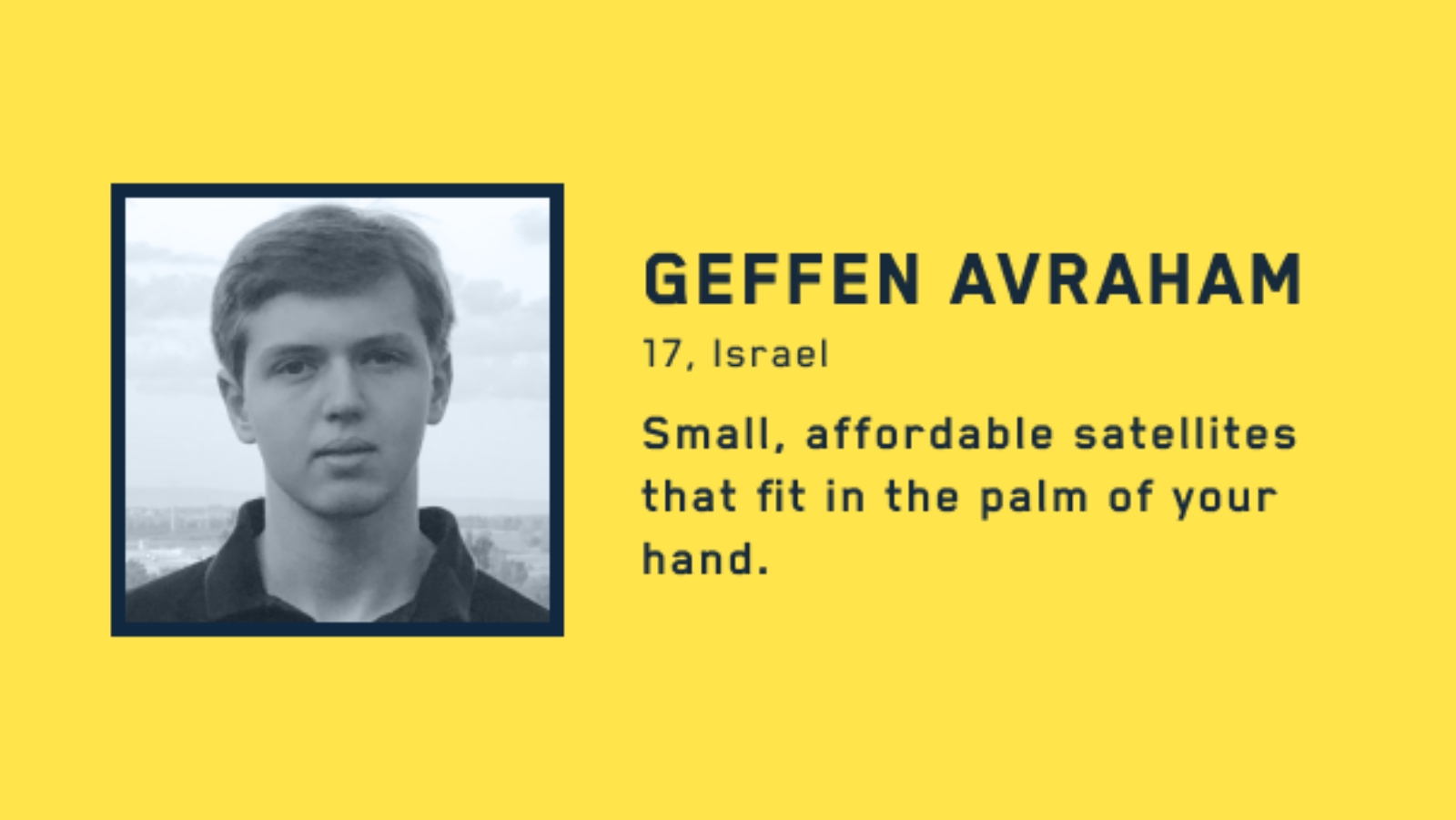
“Pioneer was founded to support ambitious people early on in life that are working on the frontier. A 17-year-old building microsatellites is an almost perfect depiction of that,” Gross tells ISRAEL21c.
“With companies like SpaceX and Planet Labs working on reducing launch costs and leveraging advances in machine vision, we think there’s a giant future market in small, useful satellite deployment that Geffen is poised to participate in,” says Gross, who is based in Silicon Valley and was formerly a partner at the Y Combinator seed accelerator.
Geffen tells ISRAEL21c he plans to use the prize money for producing the initial versions of the fundamental components of his CubeSat.
“The bulk of it will probably go towards the fabrication of the custom single-board computer that will be the brain of the satellite, but it may also go towards buying machining equipment for creating the structure. In addition, it will also help finance my travel to Colorado for the launch of my tech-demo payload,” he says.
Geffen is working out of a space lab on the campus of an engineering-centric Herzliya high school that in 2014 was the first successful K-12 group to send a functioning CubeSat, Duchifat-1, into orbit.
He hopes to pursue a career in the United States, and not necessarily with a degree hung on his wall.
“I will attend university if I feel it will be the best use of my time and energy. Peter Beck, the founder of Rocket Lab, never even attended any university, much less dropped out of one,” he points out. “There’s a severe shortage of non-aircraft, space-only academic options in the world, but I would love to attend the M.S.S. program at International Space University, if they would be willing to let me attend without a prior undergraduate degree.”
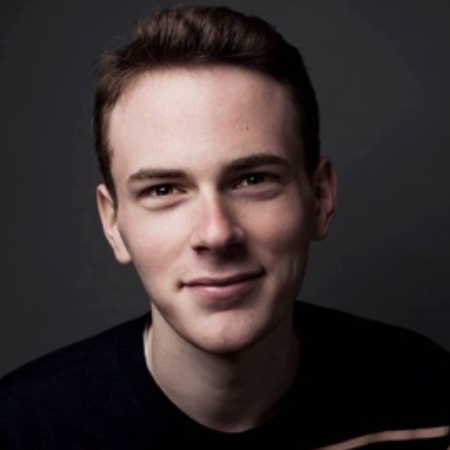
Gross says Pioneer has fielded dozens of applicants from Israel in the past four tournaments, though Geffen is the first Israeli winner.
The contest has drawn applicants ranging in age from 15 to 56, from Argentina, Bolivia, Brazil, Canada, Colombia, Czech Republic, Denmark, Ecuador, El Salvador, Finland, Germany, Ghana, Gibraltar, India, Ireland, Italy, Kenya, Lithuania, Macedonia, Mexico, Morocco, Netherlands, New Zealand, Nigeria, Pakistan, Philippines, Romania, Slovakia, Spain, South Africa, Uganda, United Kingdom, United States, Uzbekistan, Zambia and Zimbabwe.
Ideas have ranged from a low-cost brain scanner, to a new city in Africa, to plants optimized for Mars.
The Pioneer prize consists of $1,000 in cash, $6,000 in Stellar lumens cryptocurrency, $100,000 in Google Cloud credits, a round-trip ticket to Silicon Valley, free use of Stripe Atlas (an online service that helps people start global businesses), expert mentorship, access to the private online Pioneer community, a one-year subscription to The Economist and the chance to participate in Pioneers Presentation Day.
If the Pioneer creates a company from the project and raises money from investors, Pioneer has the right to invest up to $100,000.
Pioneer is backed by Stripe and by Netscape and Mosaic cofounder and venture capitalist Marc Andreessen.
“Although the monetary reward can offer immediate help to many of these Pioneers’ projects, the most significant aspect of winning the tournament is access to the mentors and community,” says Gross.
Geffen believes that “winning Pioneer can serve as a kind of turning point — the key intervention that is the difference between success and failure.”




